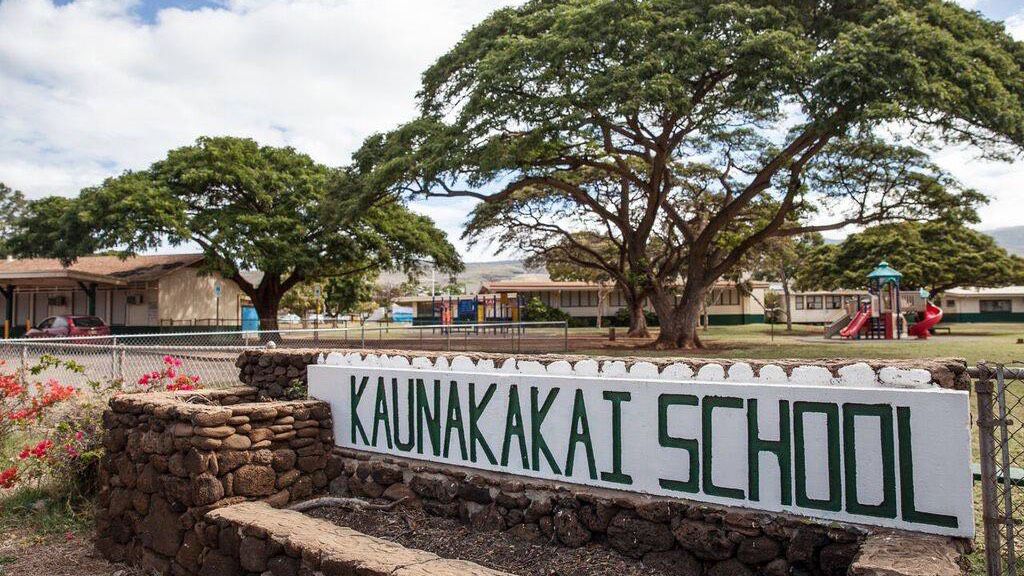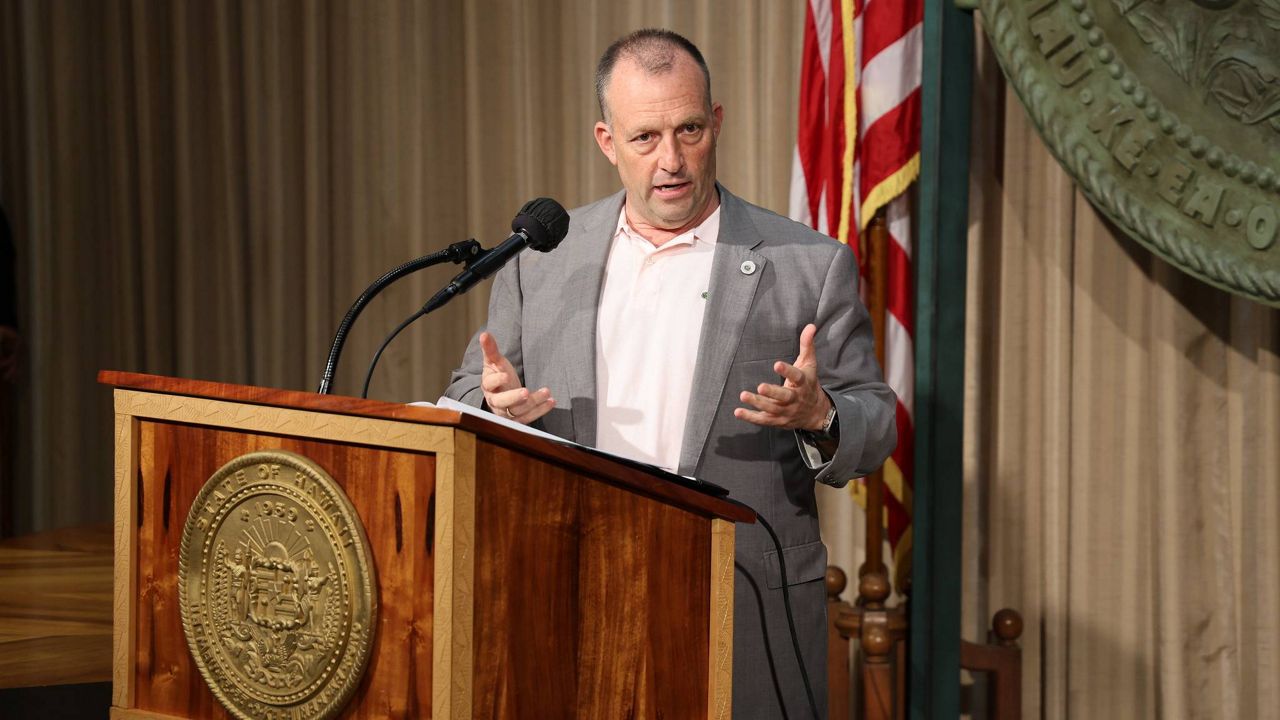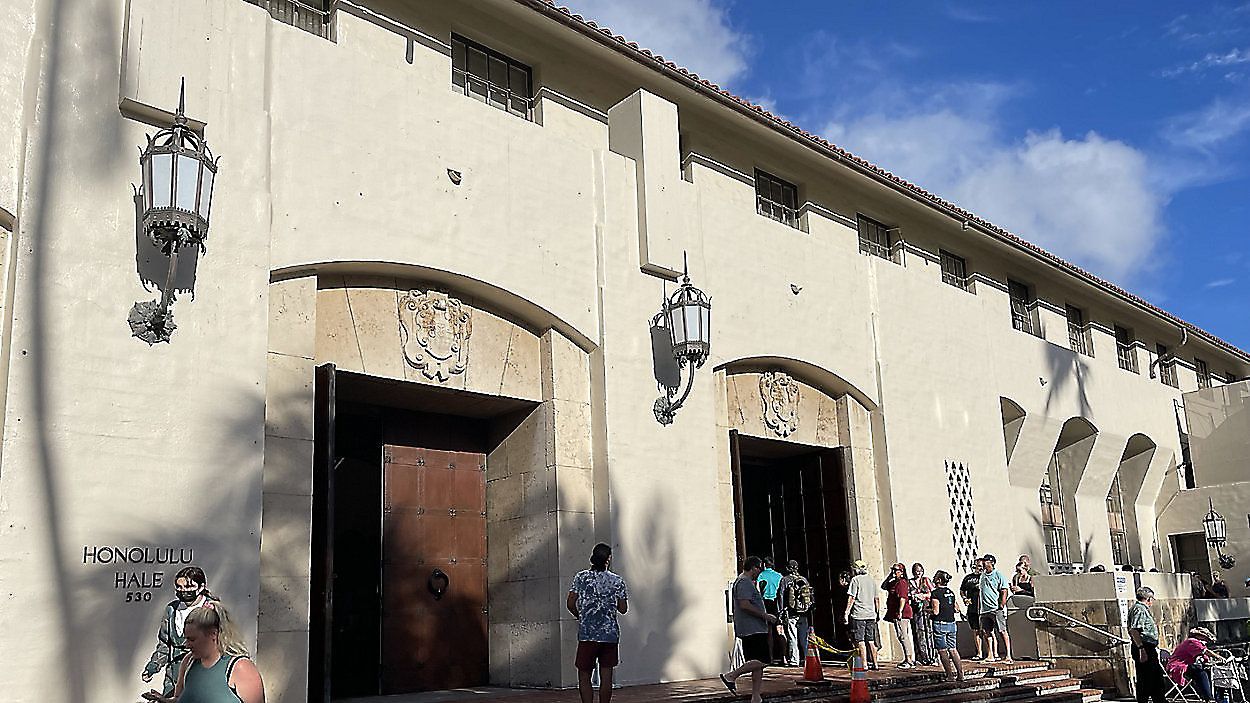The Hawaii State Ethics Commission has granted the principal of Kaunakakai Elementary School a good-cause exception from the state’s new nepotism law, allowing him to continue employing his daughter as preschool special education teacher.
Daniel Espaniola contacted the commission earlier this month to request an exception to the prohibition against state officers taking employment action (including hiring, evaluating, demoting or supervising) affecting relatives or household members.
Kaunakakai Elementary School is the only public school on Molokai serving preschool special education students. When the previous special education teacher resigned in June, the school posted a notice on the DOE’s NEOED hiring platform seeking applicants for the position. Espaniola’s daughter, a licensed, certified special education teacher, was the only person who applied before the start of the new school year.
Espaniola recused himself from the interview process but, based on the recommendation of the hiring panel, granted final approval for the hire. He was supported by the complex area superintendent and the assistant superintendent of the Office of Talent Management in his assertion that recruiting qualified applicants is difficult due to Molokai’s geographical remoteness. Each noted that the position needed to be filled to meet federal requirements for serving the needs of preschool special education students.
While stating that nepotism law exceptions “should rarely be granted,” the commission agreed that the case warranted such an exception.
“The DOE is required to provide special education services to students and, thus, this is a critical position to fill,” the commission’s staff attorney Nancy Neuffer wrote to Espaniola. “The position was widely advertised through the NEOED platform. Only one candidate applied. As noted earlier, Molokai presents unique staffing challenges given its remoteness. All of these factors indicate that an exception is appropriate.”
Neuffer noted that the job was available for a relatively short time on only a single platform and that, generally, “hiring efforts should be significantly more robust before an exception to the law is granted.”
The exception was granted on the condition that Espaniola recuse himself from any supervision or evaluation of his daughter. Neuffer further cautioned Espaniola that state law prohibits state employees from using their positions to grant themselves or anyone else any unwarranted benefit or advantage.
“State employees who work alongside relatives must be extremely careful not to accord their relatives any special treatment,” Neuffer wrote.








